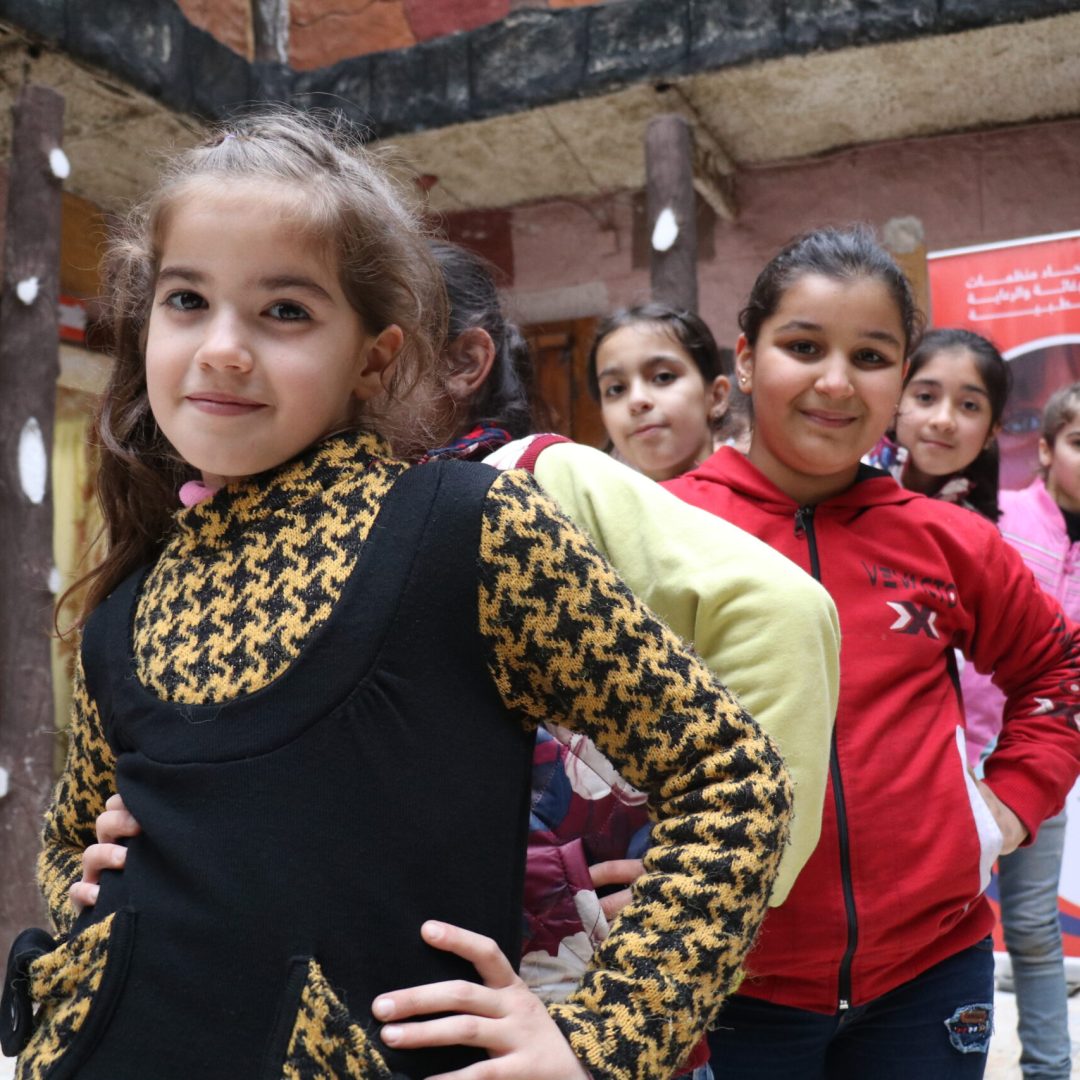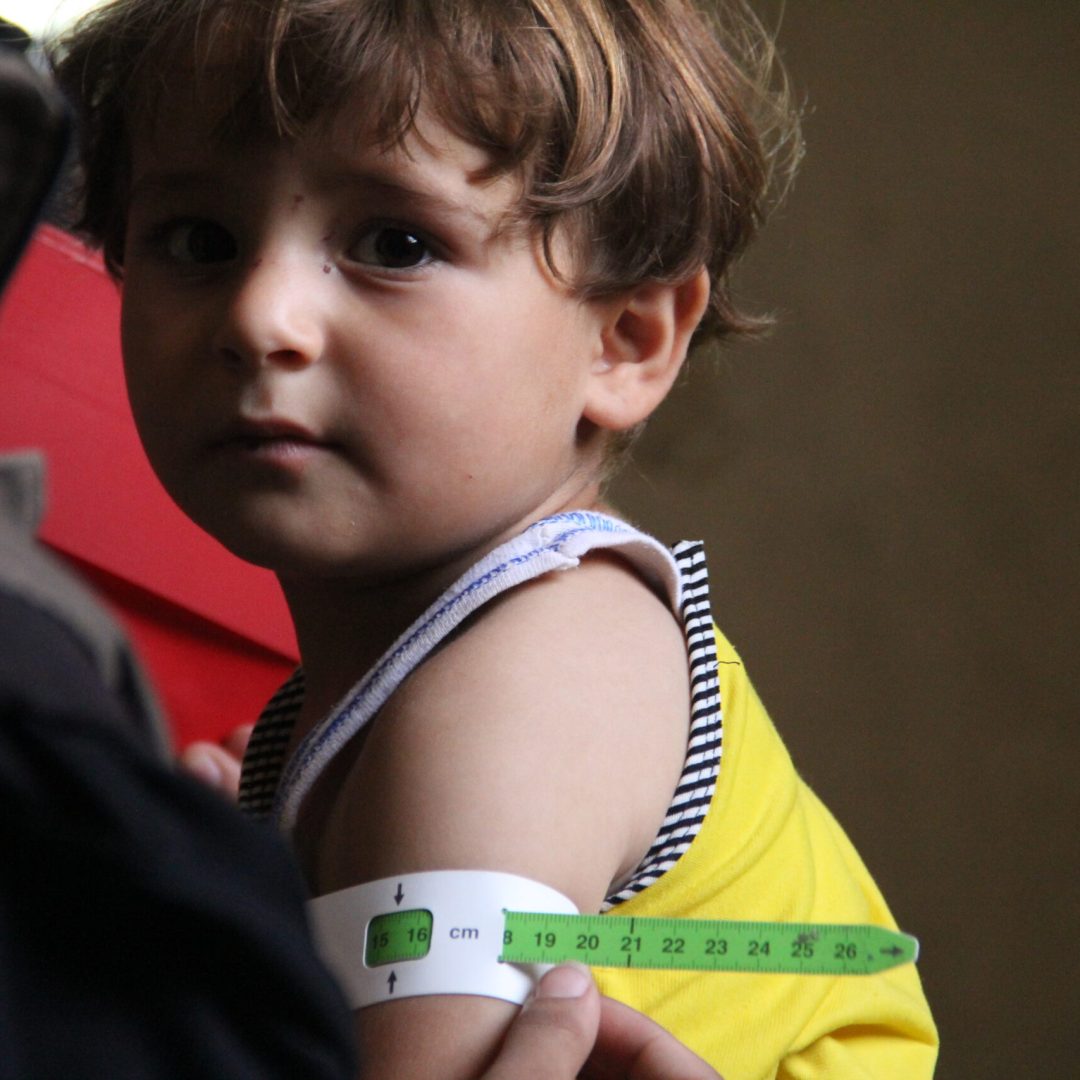The objective of the EPIC Health project is to provide healthcare and involve communities at all stages, ensuring effective contribution of local population in rebuilding the health system.
The EPIC Health project has significantly improved healthcare access and quality for vulnerable communities in Northwest and Northeast Syria. Key impacts include:
Sign up to receive frequent email updates on our projects and initiatives. Stay informed and connected with our work, making a difference with each update. Join us now!







